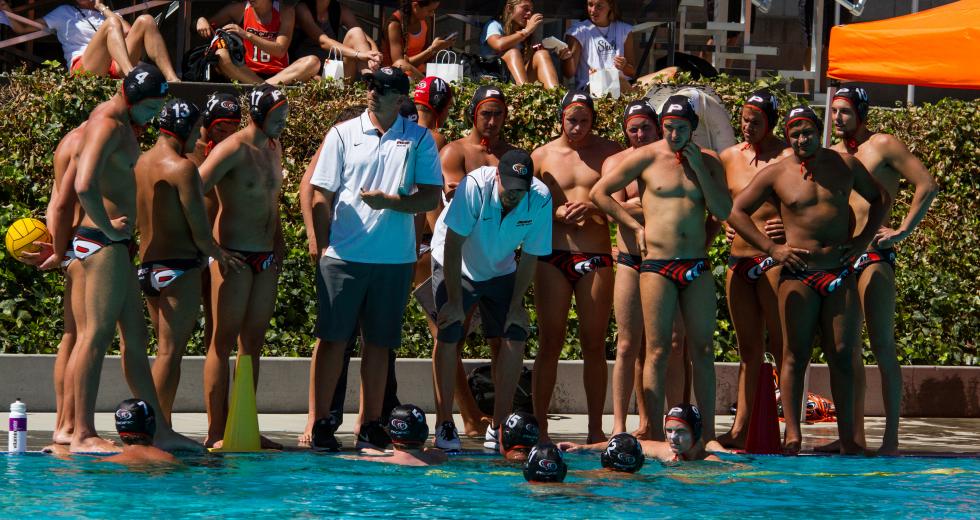Did you know that in water polo, teams that score goals during power plays — when the other side is short a player because of a penalty — go on to win the game more than 80 percent of the time?
It’s new information put forth by two University of the Pacific staff, assistant math professor John Mayberry and water polo head coach James Graham, and it’s changing the way water polo is played, even at the highest levels of competition.
About four years ago, just before the 2012 Summer Olympics in London, Graham and Mayberry got together and started compiling a huge amount of data. They came up with something called the “Exclusion Conversion Rate” which tracks the previously-mentioned power play goals. Basically, if a team can provoke the other team to commit more fouls, and take advantage of the weaker team during that penalty time, then the first team will have a better chance of winning. They also showed that direct shots in the game correlated to higher percentages of overall wins.
Using this new information, Graham’s team at Pacific went from losing three games in the 2011 season by a small margin of one goal, to becoming one of the nation’s best, with a 23-5 record in 2013, and went all the way to the national championships that year. Graham and Mayberry eventually co-authored a study on the subject, published in 2014 in the Journal of Quantitative Analysis in Sports, “Measures of Tactical Efficiency in Water Polo.”
Graham and Mayberry were invited to analyze the 2012 men’s Olympic team, and Graham traveled to London, feeding information and sending questions back to Mayberry in Stockton. They soon turned their analytics into a consultation business, and began their own company with just one client: the U.S. Olympic men’s water polo team. They provided on-the-spot feedback to both the men’s and women’s team in Rio de Janeiro this summer (U.S. women won gold and U.S. men did not medal).
“We’ve been collecting data and providing information about analysis for four years,” Graham says of the Olympic team. “Obviously, working for the Olympic team is awesome and trying to help them medal is a lot of fun.”
Not to mention, Graham says, they get access to watching the top games played all over the world — a fact that has certainly helped hone his coaching of the Pacific team, he says. In fact, Alex Obert, one of Graham’s players from Pacific, was on the Olympic team this year.
Though neither man went to Rio this year, Mayberry says they offered a play-by-play analysis to the U.S. team via video, and watched the rival teams play in other matches to see how they would stack up against Team USA. “What we were able to do was look at the preliminary rounds in the Olympics and use the [Exclusion Conversion Rate] from the prelims to predict the playoffs,” he says. Mayberry says they also made predictions about the referee’s actions from previous games (like how many fouls per game they might call) or how a rival team might prefer scoring certain types of goals more than others.
For both men, the idea of being able to directly influence an Olympic team at the highest levels is exhilarating. “Being able to see these stats and give feedback and know there was a connection, it definitely fulfilled a childhood desire to be involved [in the Olympics] somehow,” Mayberry says.
For Graham, it was a win-win situation: “It’s a scenario where we get to help them win, and we get a win, too,” he says. “For us, it’s just exciting to take water polo to being on the cutting edge.”
For more information on the U.S. Olympic water polo team and the analytics they use to win, click here.
Steven Yoder contributed to this article.




Comments
More great things coming out of Stockton!!